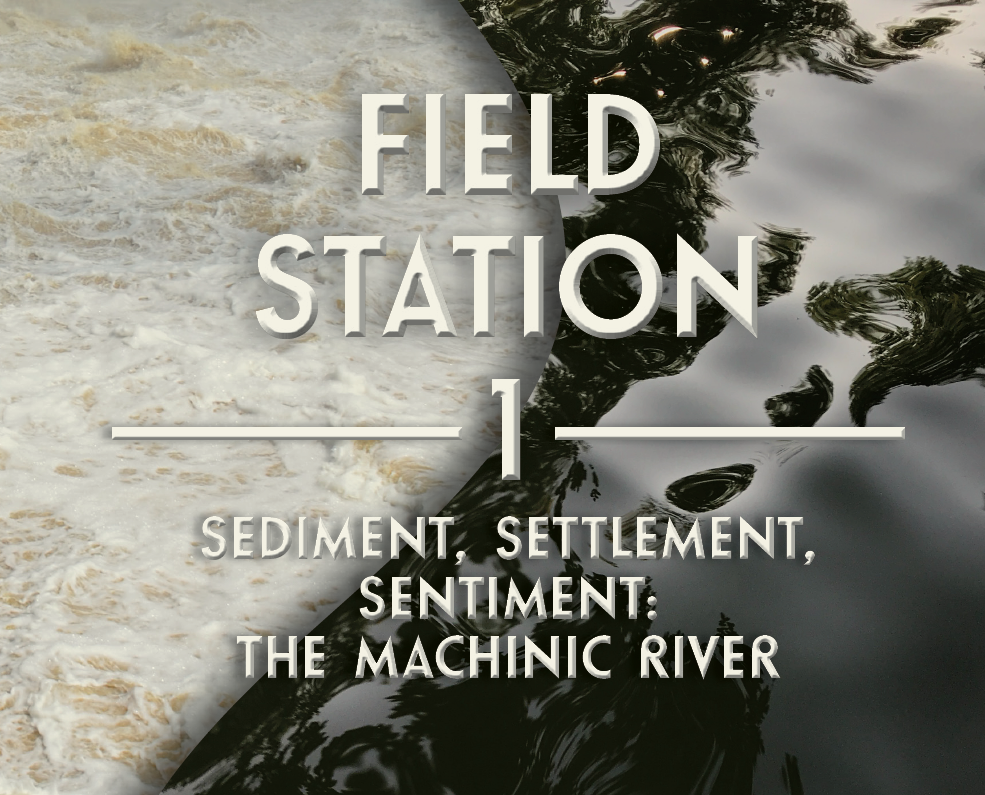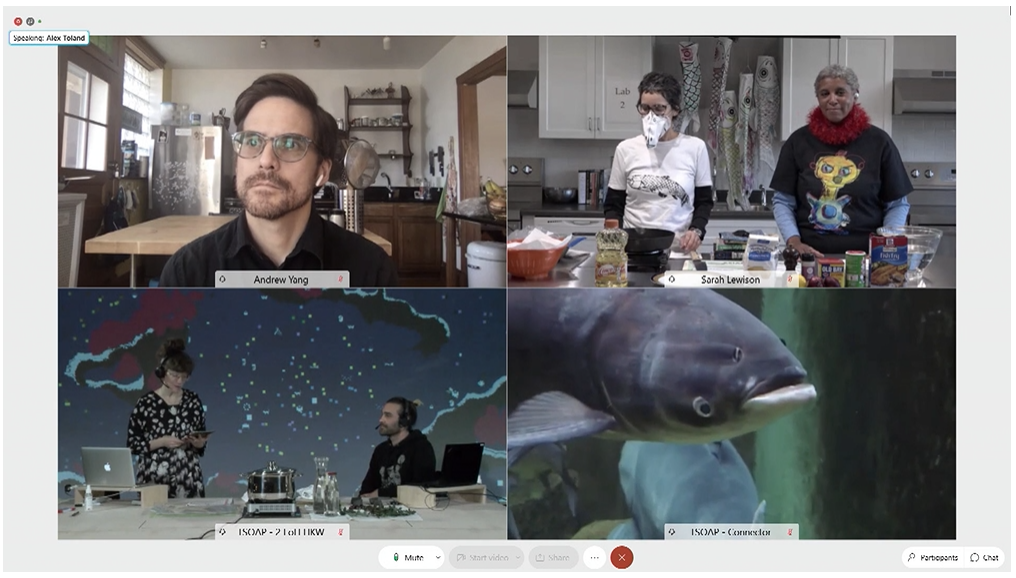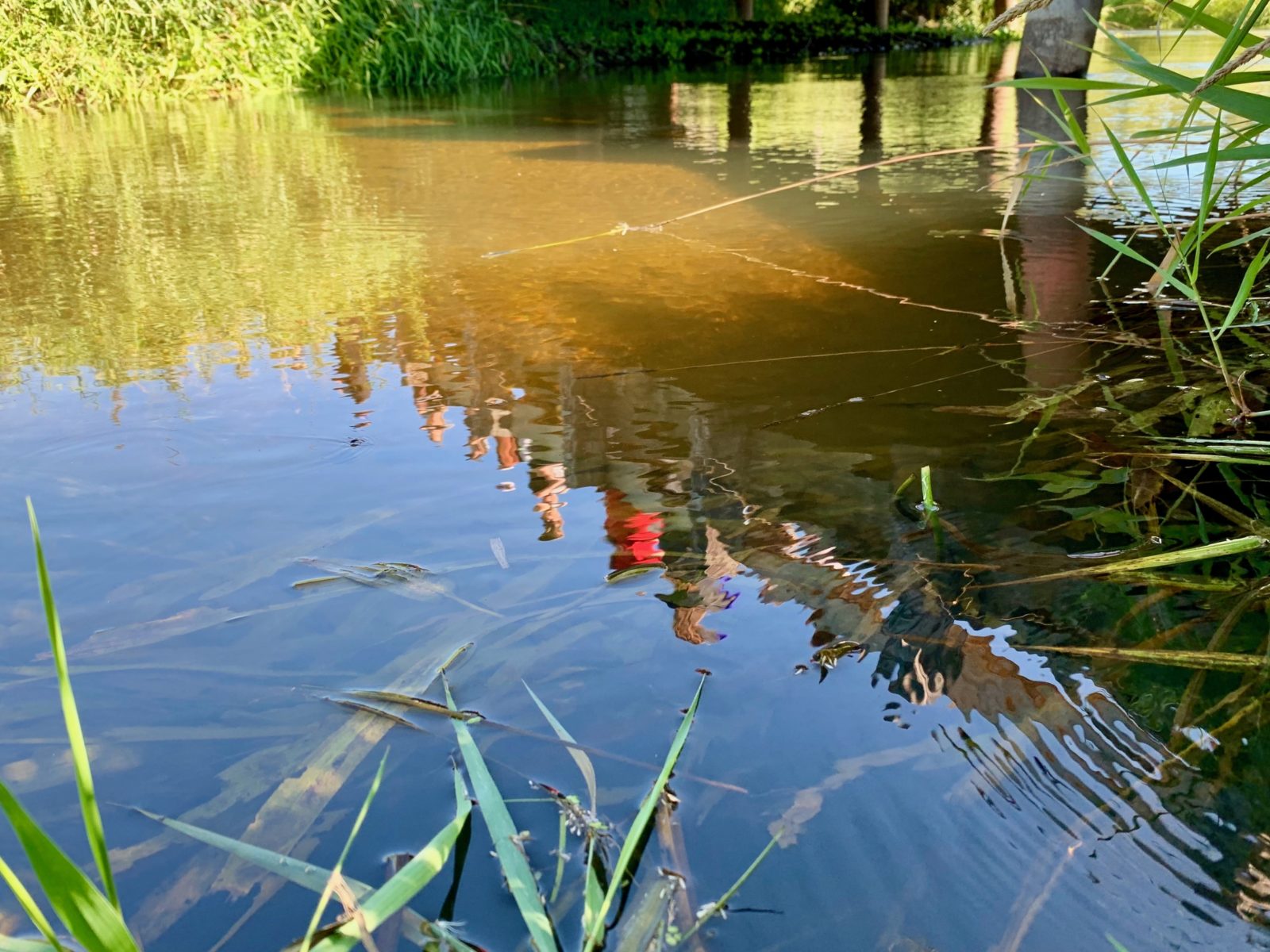
SEDIMENT, SETTLEMENT, SENTIMENT: THE MACHINIC RIVER
This publication serves as a companion to events that took place in the Twin Cities from September 20–21, 2019, connecting the Open School to the Anthropocene Curriculum. Download the full booket.
Welcome to Field Station 1, a gathering of people, places, moments, creations, deconstructions, and encounters brought into being by the mandate to consider the Mississippi as an Anthropocene river. Now widely in use, the term Anthropocene designates the present geologic moment as one of profound human impact on the earth. Over 18 months, Field Station 1 has cohered in response to a project developed by the Haus der Kulturen der Welt and the Max Planck Institute for the History of Science, both located in Berlin. Called Mississippi. An Anthropocene River, the project tasked Field Station 1 with attending to the uppermost stretch of the river from its headwaters at Lake Itasca down to the unglaciated region known as the Driftless. In response, Field Station 1 considers the river in context and as context.
In this region, the Mississippi courses through Native lands, state parks, rural municipalities, and the Twin Cities metro area. The river shapes a tapestried watershed of lakes, marshes, and streams—and the U.S. Army Corps of Engineers shapes the river with locks, dams, and dredging to support agricultural and industrial use. The Mississippi also stories complex legacies of dispossession, settlement, invention, and experiment. Today, diverse publics are organizing around the redevelopment of industrial lands and harbors, the decommissioning of locks and dams, and competing visions of the river’s future.
Field Station 1 reflects on the Upper Mississippi region as assemblage, characterized by overlapping experiences of space, time, water, land, precarity, opportunity, and possibility across multispecies relations. It also engages the Mississippi as a site of perpetual speculation and ongoing struggle. Extensive infrastructural interventions into the river’s upper stretches have often been figured as successful—even magisterial—projects of human control over nature. Too rarely have they been acknowledged as sites of violence, where the pursuit of progress, profit, and power also causes death and destruction.
In the pages that follow, Field Station 1 contributors proceed with skepticism, willingness, and commitment to confound easy distinctions that sort part from whole, science from fiction, and observation from participation. We ask who gets to experiment with the river and when. We ask what purposes speculation might serve and what futures speculation might invite. How does a concept of the Anthropocene obscure as much as it can reveal with its widespread adoption? We seek to remember, to listen, to wonder, and to challenge. We remind ourselves—and ask you to remember—that we are each differently implicated in the river’s history as well as its future. With this publication, we invite you into the river’s present.
The publication you are reading serves as a companion to events taking place in the Twin Cities from September 20–21, 2019, where experiential, experimental, and imaginative projects engage sound, film, documentation, research, public engagement, and storytelling. This publication also constitutes a mobile record that will travel downriver throughout the autumn as Mississippi. An Anthropocene River unfolds from Field Station 1 to Field Stations 2, 3, 4, and 5, finally arriving in New Orleans for an Anthropocene River Campus from November 10–16, 2019.
All sites include events open to the public. We hope you will join us.

